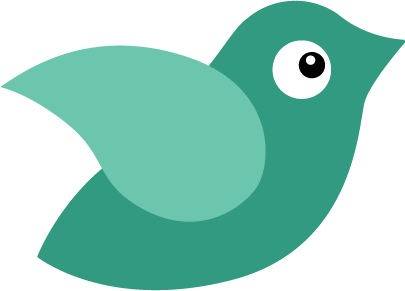FAQ
Our classroom has been carefully prepared to encourage development of children’s sensitivity for language, order, movement, refining of senses and good manners. All educational materials are readily available to promote their natural enthusiasm to promote children’s natural enthusiasm.
By implementing Montessori pedagogy at the core of our program, we ensure to integrate the objectives of the Romand Education Plan (PER), guaranteeing a smooth transition to public education. Our curriculum aims to cultivate key skills such as autonomy, critical thinking, and collaboration, while also developing early language, mathematics, geography, and science skills.
In our classroom, children are encouraged to explore and learn at their own pace, choosing from a variety of activities. We closely observe each child's progress and interests, a feature less common in public schools where programs tend to be more uniform.
At Montessori Little Birds, we encourage parental participation through collective meetings at the beginning of the school year and annual individual meetings. Additionally, parents have the opportunity to observe classes and their children's work, fostering a close bond between parents and the school.
We offer various alternatives to make Montessori education accessible to all. Preferential rates are available for enrollments over a period of 2 to 3 years or when the child has already reached the mandatory school age (4 years old by July 31st). Feel free to contact us for more information.
Montessori classrooms are designed to promote independence and exploration in children. Children have access to a wide range of activities designed to stimulate their curiosity and creativity. Unlike traditional classrooms found in public schools, Montessori rooms are ergonomically designed to meet the specific needs of children.
Montessori schools generally use a holistic evaluation approach, focusing on the overall development of the child rather than standardized assessments. Progress is continuously and individually tracked, allowing teachers to better understand each child's needs and adapt their teaching accordingly.
The Montessori philosophy offers an educational approach that truly places the child at the center of their learning. By focusing on autonomy, self-discipline, and respect for each child's individuality, Montessori pedagogy creates an environment conducive to the flourishing of each student. This stands in contrast to traditional public school methods, which often follow a more directive and uniform model, with teacher-centered instruction. This approach fosters the holistic development of the child, cultivating curiosity, creativity, and self-confidence.
The Proven Benefits
Children who complete the full 3 years of Montessori Little Bird education, receive very concrete benefits:

A Life Long Love of Learning

Problem Solving Abilities

Self Confidence

Increased Manual Dexterity

Self Esteem


